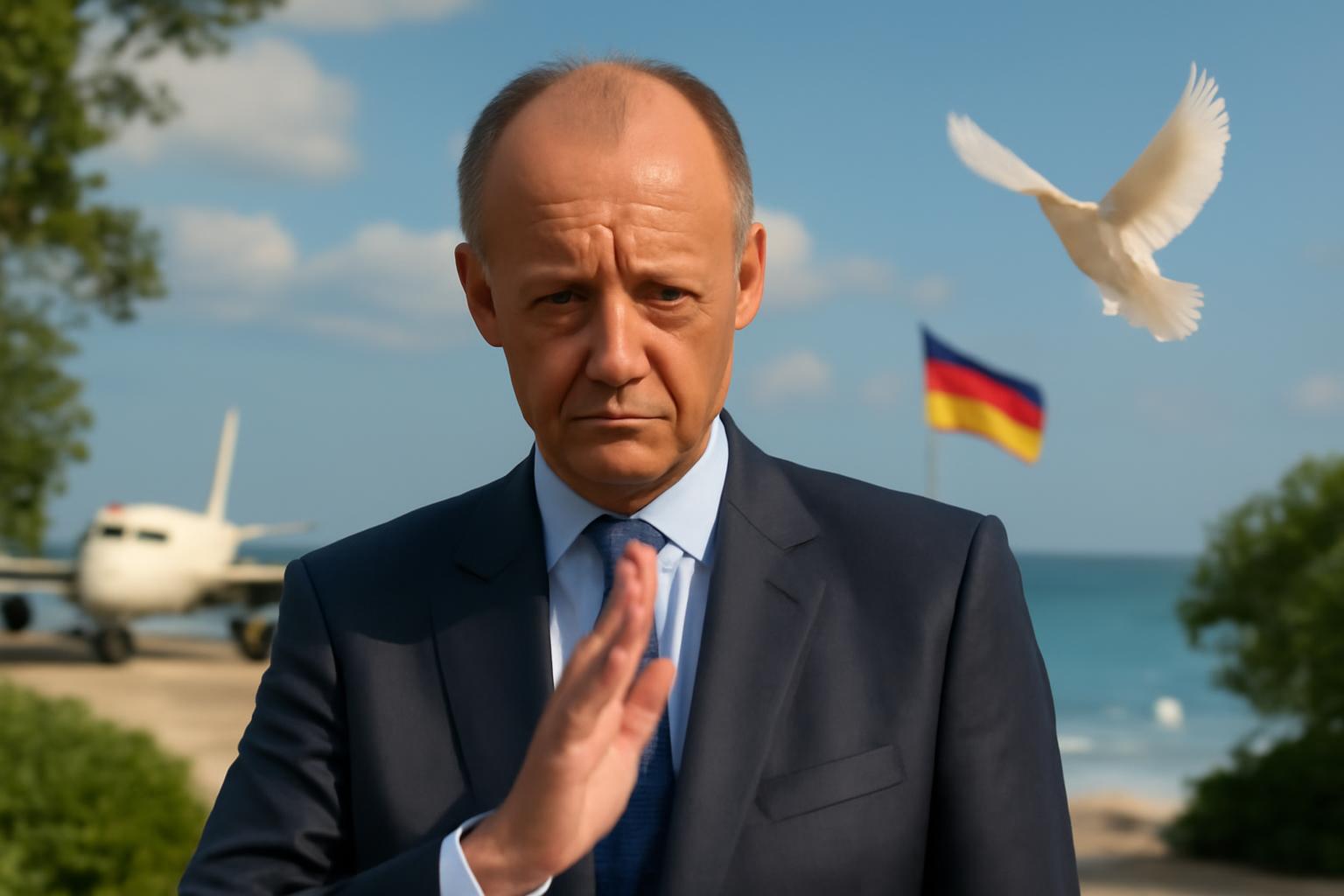Friedrich Merz paused his vacation to announce a partial halt on arms exports to Israel, a move that drew significant criticism. The piece frames such interruptions as a recurring feature of German leadership, recalling how past chancellors swapped leisure for duty: Merkel kept her phone on and stayed informed during holidays (the euro crisis in 2012 in South Tyrol); Schröder abandoned his summer break in 2005 to push the Hartz IV reform; Scholz, in 2022, stepped back from an Allgäu holiday to present energy-crisis measures; and a notable 2024 moment at Cologne/Bonn airport stood as the largest prisoner exchange since the end of the Second World War. It also remembers Helmut Kohl, who typically spent summers at the Wolfgangsee but interrupted in 1997 to aid flood victims near Oderbruch. Merz’s next interruption is planned for a virtual Ukraine meeting with Donald Trump and Zelenskyy, underscoring that a summer at the helm can feel almost as demanding as governing itself.
History teaches that such interruptions reveal a recurring tension between the private life of leadership and the public responsibilities of a nation. Yet in a world where knowledge is dispersed, no single mind or office possesses the information required to steer complex, evolving systems with flawless wisdom. The impulse to intervene—whether in arms transfers, energy policy, or international diplomacy—reflects the legitimate desire to guard citizens from risk. But it also risks curbing the very processes that sustain a free order: voluntary exchange, competitive testing, predictable rule of law, and the capacity of individuals and firms to adjust to information no planner can ever fully know. The vow to “do something now” can harden into a habit of central command, replacing prudent restraint with episodic heroism.
Ultimately, true leadership should not be measured by the swiftness of responses to crises, but by the resilience of institutions that enable peaceful cooperation and limit coercion. When decisions are filtered through the framework of open competition, clear rules, and accountable, dispersed judgment, a society can meet emergencies without surrendering liberty. The spectacle of high-profile interruptions—summer pauses, televised summits, and celebrity diplomacy—must not eclipse the deeper aim: a political order in which policy emerges from the collective, self-correcting activity of individuals pursuing their own ends within a framework of law, rather than from the crisis-driven edicts of a single, visible leader. Only then can summers be truly restful, not merely postponed, because liberty itself rests on a cosmos of rules and spontaneous cooperation that no vacation can suspend.
